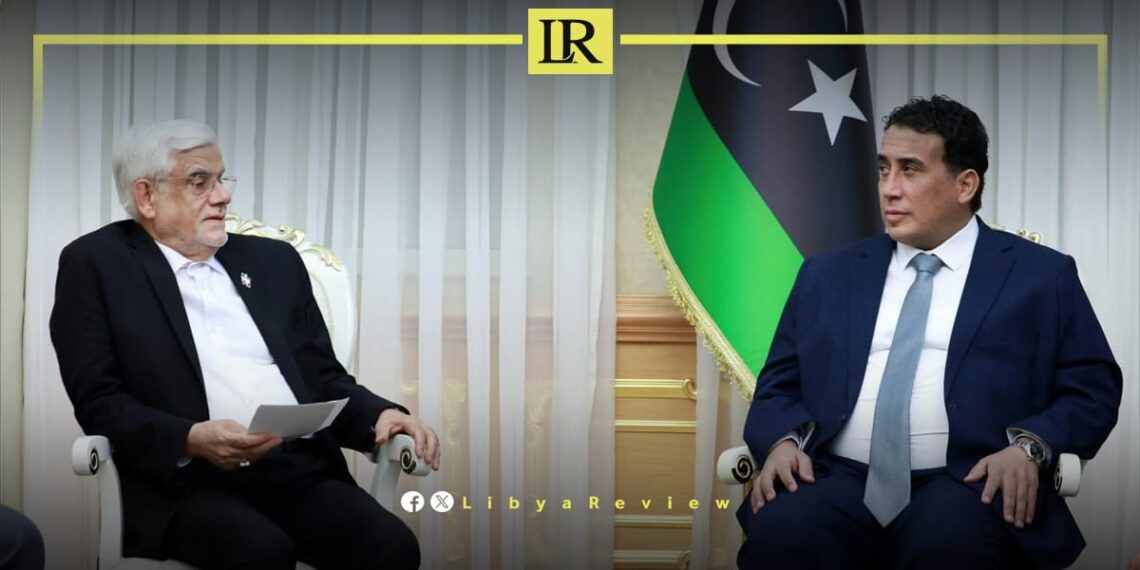Iran’s First Vice President, Mohammad Reza Aref, has offered to share his country’s expertise in science and technology with Libya, citing Iran’s ability to turn “threats into opportunities” despite severe international sanctions.
Aref met Libya’s Presidential Council head, Mohamed Al-Mnifi, on Monday evening on the sidelines of the third United Nations Conference on Landlocked Developing Countries in Turkmenistan. According to Iran’s official news agency IRNA, the senior Iranian official stressed the need to preserve Libya’s unity, integrity, and sovereignty, and voiced Tehran’s opposition to any foreign interference in Libya’s internal affairs.
He noted the longstanding cultural and historical ties between the two countries and the potential to develop cooperation in all areas, particularly science, technology, and the economy. Aref also highlighted improving political relations, the reopening of Iran’s embassy in Tripoli, and the growth in economic exchanges as evidence of progress in bilateral ties.
The Iranian vice president proposed activating the joint committee as a platform to strengthen cooperation and exchange high-level delegations and experts. He expressed satisfaction with Libya’s relative security and hoped for a complete resolution of the country’s political and security issues.
For his part, Al-Mnifi described the meeting as an important step in expanding and strengthening relations between Libya and Iran. He accepted an invitation to visit Tehran and stressed the need for ambassadors in both countries to enhance diplomatic engagement.
Al-Mnifi condemned Israel’s attacks on Iran, expressing solidarity with its government and people. He added that Tehran could play a key role in supporting stability in Libya and reaffirmed Libya’s full support for Iran’s stance on the Palestinian cause and Gaza.


